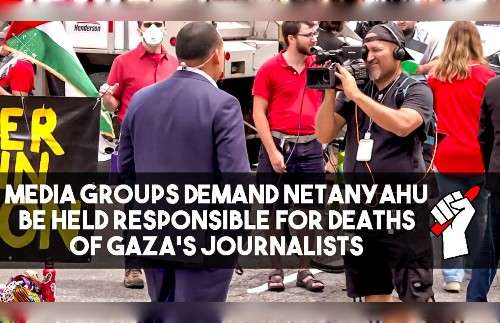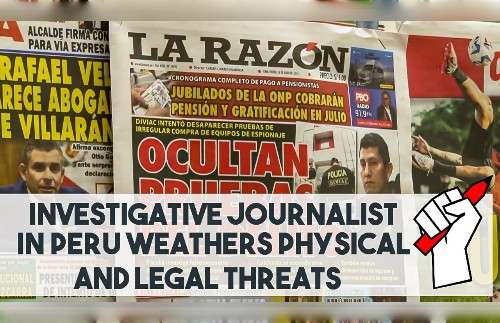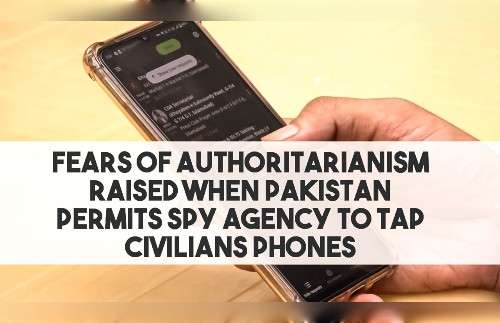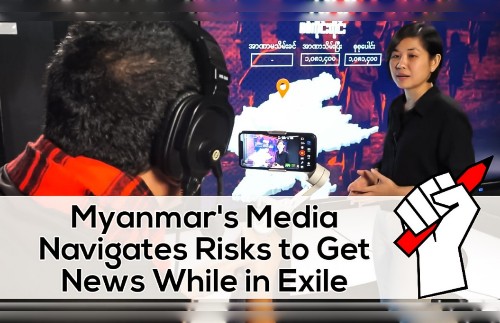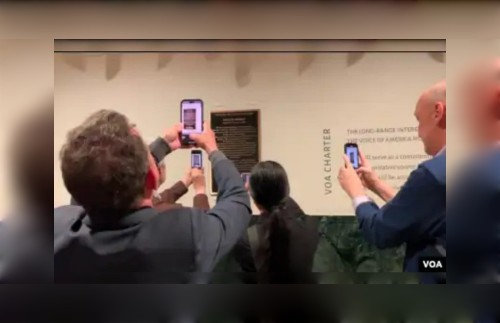
While social networks have been cut since the opening of polling stations on Wednesday morning and journalists are subjected to intense pressure, Reporters Without Borders (RSF) denounces a general blackout of independent information which risks tainting the credibility and sincerity of the presidential election in Burundi.
No need to search for information on the Burundian presidential election on Facebook, Twitter or WhatsApp, social networks have been cut since the opening of polling stations on Wednesday, May 20, 2020. The data collected by NetBlocks and cross-checked by information obtained by RSF undoubtedly report a targeted internet cut-off despite the denial published by Willy Nyamitwe, the ambassador and adviser of the Burundian president Pierre Nkurunziza who had described this interruption as “rumor”.
This digital blackout occurs in an already extremely degraded context for freedom of information in the country. Four journalists from Iwacu , one of the last independent media in the country, have been in prison since last October and are now awaiting the deliberation of their judgment on appeal. They were sentenced at first instance, on January 30, to two and a half years in prison for “attempting to commit an offense against state security” after trying to cover the incursion of a rebel group based in the incursion of a rebel group based in the Democratic Republic of Congo (DRC). The intimidation and threats received by journalists from this editorial staff continued during the presidential campaign. They were in turn threatened with death by a deputy from the ruling party, described as a ” virus ” by the president’s spokesperson and excluded , like several other journalists, from a press conference held by the authorities on the health situation in the country.
Already severely trampled on in recent years, the freedom to inform is now confined by the Burundian authorities on the sidelines of this presidential election, deplores Arnaud Froger, head of the Africa office of RSF. The general blackout of independent information that we are witnessing is the last mark of a policy of media predation continues with disastrous consequences for Burundian society. This election takes place behind closed doors, without social networks, without most of the international media and with Burundian journalists subjected to intense pressures. The polling stations are not closed as the credibility of this poll is already largely tainted for lack of a free press to be able to cover the election . ”
According to the calendar of the electoral commission, the provisional results of the presidential election will be known by May 26.
Since the 2015 crisis which had been triggered by the desire of outgoing President Pierre Nkurunziza to run for a third term which he eventually obtained, press freedom has been seriously threatened in Burundi. Radios burned, dozens of journalists are still forced into exile, two very popular international radios in the country ( VOA and the BBC ) have been arbitrarily suspended indefinitely and journalists who remain remain victims of threats and atrocities. Iwacu reporter Jean Bigirimana still missing for almost four years without any serious investigation having been carried out by the authorities to try to find out what happened to him.
Burundi ranks 160th out of 180 in the World Press Freedom Index established by RSF in 2020.
Copyright ©2016, Reporters Without Borders. Used with the permission of Reporters Without Borders(RSF), CS 90247 75083 Paris Cedex 02 https://rsf.org
Escaping from Scam Center on Cambodia’s Bokor Mountain
UN Security Council Meets to Discuss Children and Armed Conflict
10 Shocking Revelations from Bangladesh Commission’s Report About Ex-PM Hasina-Linked Forced Disappearances
Migration Dynamics Shifting Due to New US Administration New Regional Laws
UN Security Council Meets to Discuss the Maintenance of International Peace and Security and Artificial Intelligence
Winter Brings New Challenges for Residents living in Ukraine’s Donetsk Region
Permanent Representative of Israel Briefs Press at UN Headquarters
Hospitals Overwhelmed in Vanuatu as Death and Damage Toll Mounts from Quake
Subscribe Our You Tube Channel
Fighting Fake News
Fighting Lies














